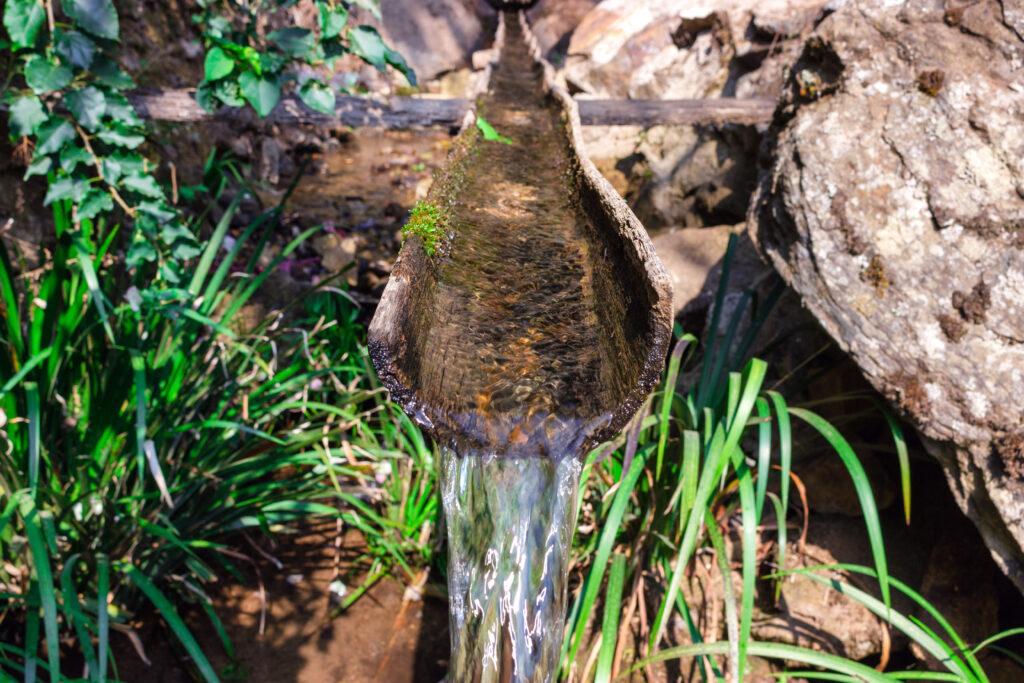Quality – Anthropogenic stressors and their effects on groundwater fauna
Groundwater ecosystems inhabit diverse faunal and microbial communities. Even though little is known about these ecosystems, it is clear that biological processes are vital in maintaining and improving groundwater quality and hence ensuring access to clean water worldwide.

The EU Water Framework Directive provides a legal framework for groundwater governance, including measures to assess and monitor its quality. However, current monitoring measures rely almost exclusively on physical-chemical indicators and therefore still lack the potential to assess the ecological status of groundwater ecosystems and their vulnerability to potential stressors.
Ecological indicators based on faunal community distribution patterns and diversity were found to be useful in assessing natural and anthropogenic effects. Since groundwater species are often endemic and sensitive to environmental change, changes in community composition and diversity reflect long-term changing environmental conditions, making them valuable ecological indicators of groundwater quality but also vulnerable to anthropogenic threats.
Photo: Anne Jäger – University Koblenz-Landau
It is of vital importance to develop an integrated vulnerability assessment approach, combining biotic and abiotic indices for groundwater ecosystems as it already exists for rivers and lakes. To do so, focal area ‘Quality’ aims at applying and developing ecological indicators to assess groundwater ecosystems’ vulnerability to various stressors. It does this by investigating community patterns at different spatial and temporal scales in three European case studies. Following an inter- and transdisciplinary research approach, ecological indicators will be developed and tested for their sensitivity and applicability. Focal area ‘Quality’ will enhance the scientific understanding of groundwater ecosystems, vital to their protection. Further, it will draw conclusions on how ecological knowledge can be (re-)integrated into mutual learning processes and environmental management practice within the EU Water Framework Directive.
People
Anne Jäger
University Koblenz-Landau
jaeger.anne@rhrk.uni-kl.de
PD Dr. Hans-Jürgen Hahn
University Koblenz-Landau
Dr. Robert Lütkemeier
ISOE – Institute for Social-Ecological Research /
Goethe University Frankfurt
